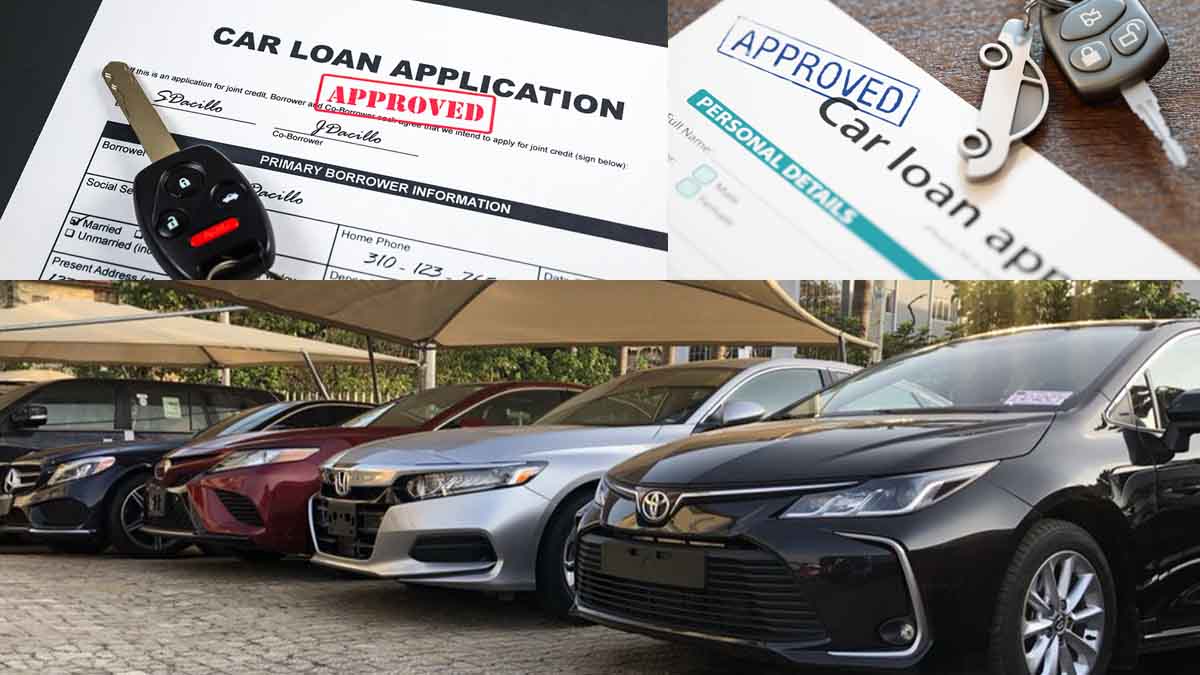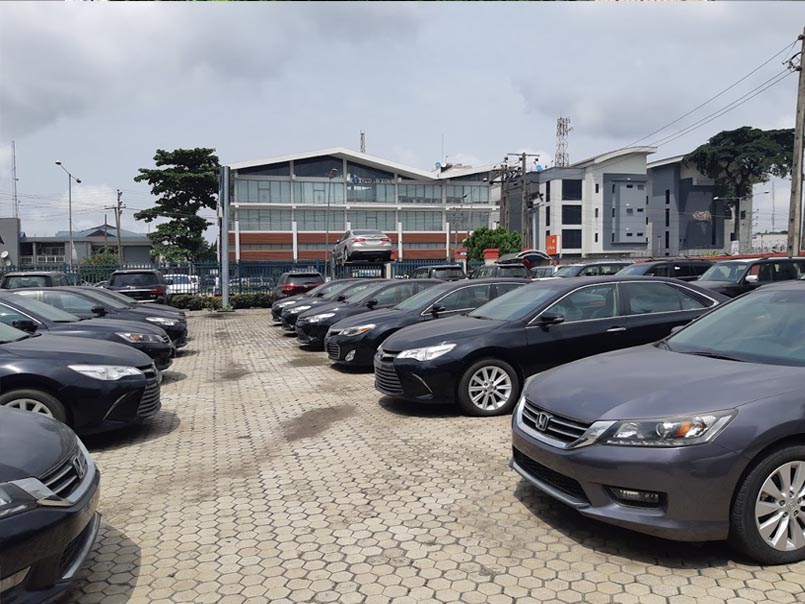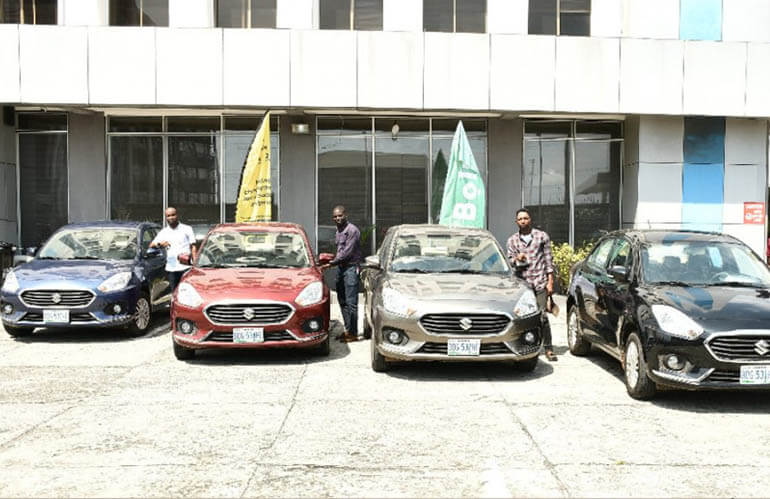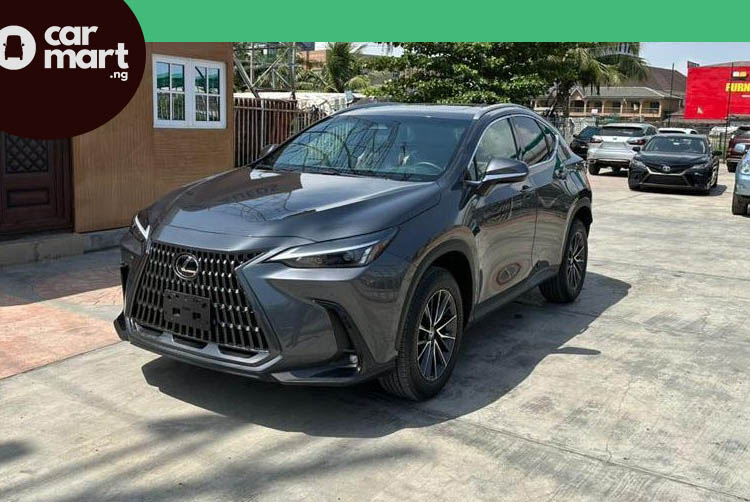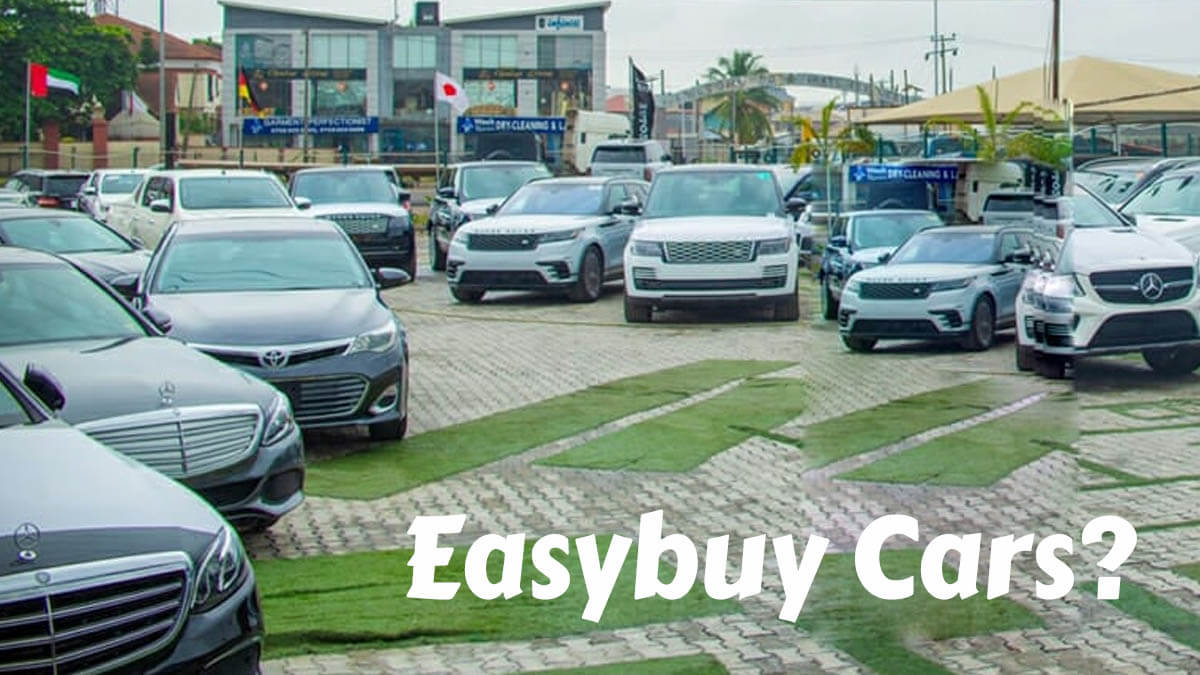Car financing in Nigeria isn’t new, but it hasn’t received much attention. Not everyone in Nigeria can afford a car, particularly given our economic challenges. Owning a personal vehicle is economically crucial, but for most urban households, it’s the second largest expense after housing. Nearly 90% of Nigerians lack the purchasing power to buy a car outright, emphasizing the urgent need for flexible car financing options. However, getting any loan in Nigeria, including car loans, can be tricky.
Table of Contents
This difficulty is a significant reason why many Nigerians shy away from car loans. Unlike in developed countries where car loans help spread payments over time, Nigeria’s auto financing scene is still in its infancy.
Buy top trending Car accessories in Lagos and Original Korea Battery now Check @carfanzy Lagos on Instagram
In this article, we’ll explore whether people still buy cars with loans in Nigeria and learn some facts about the decline in vehicle finance.
Understanding the Pros and Cons of Car Financing in Nigeria
Car financing refers to borrowing money from a bank or financial institution to purchase a vehicle, typically through instalment payments over a predetermined period. It enables individuals who cannot afford to pay the full cost of a car upfront to spread out the expense over time, making car ownership more accessible.
Car finance in Nigeria provides benefits and downsides for people looking to buy a vehicle. On the plus side, auto finance makes car ownership more accessible to those Nigerians who cannot afford a car outright. Individuals can achieve their desire for mobility and independence by spreading the expense over time with monthly payments. However, the disadvantages of car financing in Nigeria cannot be ignored. Many banking companies impose high-interest rates on car loans, greatly raising the total cost of borrowing. Furthermore, banks frequently impose short loan terms, requiring borrowers to return the loan within a specific timeframe. This short repayment period can lead to financial pressure and uncertainty for borrowers, especially if they struggle to meet the monthly payments.
Furthermore, while car financing offers the opportunity for car ownership, it can also become a financial burden for some individuals. The combination of monthly payments and interest fees can strain borrowers’ finances, potentially impacting their financial stability.
Getting Car loans in Nigeria
Getting a car loan in Nigeria involves borrowing money from banks or alternative lenders to purchase a vehicle. Individuals can apply for car loans through various channels, including traditional banks, online lenders, and car dealerships offering in-house financing. The process typically requires submitting an application, providing necessary documentation such as proof of income and identification, and undergoing a credit check to assess eligibility. Depending on the lender, borrowers may have the option to choose from different loan terms and interest rates. Once approved, borrowers receive the funds and agree to repay the loan over a specified period, usually through monthly instalments.
Reason for the Decline of Car Finance
The decline in car financing in Nigeria has a few reasons behind it. One big problem is the super high-interest rates on car loans, making them too expensive for many people. Gbenro Dara, who knows a lot about cars, says these high rates are the main issue. Nigerian banks charge between 18% to 30% interest yearly for car loans, way more than the less than 5% rates in the United States.
Getting a loan from Nigerian banks also means dealing with a lot of paperwork and a low chance of getting approved, about 20%. Microfinance banks are easier to deal with, but their interest rates aren’t much better. Dara even got a loan with a 4% monthly interest rate and paid nearly double the amount for the car over two years.
Another problem is that most cars in Nigeria are used cars, called “tokunbo” cars. Since not many people can afford new cars, they go for used ones. But this makes it hard for banks to give out loans because it’s risky. With most cars being over 20 years old and only 5% of new cars being brand new, it’s tough for people to get loans for new cars.
Do people really get car loans in Nigeria?
Yes, people do get loans in Nigeria, but it’s not always easy. Many Nigerians borrow money from banks or other financial institutions to buy cars and houses or start businesses. However, getting a loan can be tricky because banks often have strict requirements, and the interest rates can be high. Some people also turn to microfinance banks, which might be more lenient with their requirements, but they usually charge higher interest rates. So, while loans are available in Nigeria, not everyone can qualify for them, and those who do often face high costs.
Conclusion
Conclusively, car financing in Nigeria has its ups and downs. While it helps some people buy cars they can’t afford outright, the high-interest rates and strict rules make it tough for many. Plus, most cars here are used, which makes banks hesitant to give out loans. Still, some Nigerians manage to get car loans, but it’s not easy or cheap. To improve things, we need to find ways to lower interest rates and make loans more accessible to everyone who needs them. That’s the key to improving car finance for everyone in Nigeria.
Have 1 million naira and above to Buy or Sell Cars In Nigeria? Check Carmart.ng RIght Now
All rights reserved. Reproduction, publication, broadcasting, rewriting, or redistribution of this material and other digital content on carmart.ng is strictly prohibited without prior express written permission from Carmart Nigeria - Contact: [email protected]
Stay informed and ahead of the New Car info! Follow The Carmart Blog on WhatsApp for real-time updates, Cheap Cars, and Latest new car content. Don't miss Any –
Join The Carmart Blog Channel

